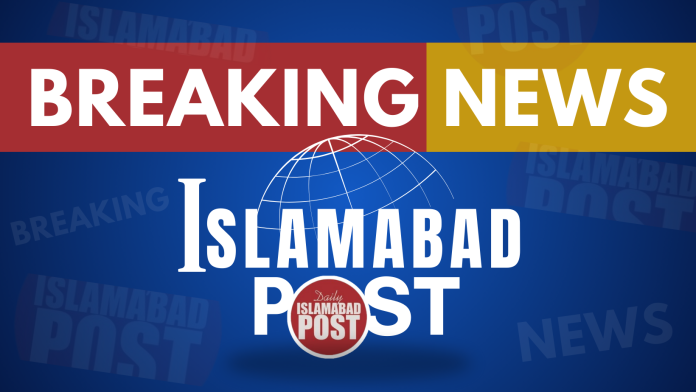PESHAWAR, SEP 13 (DNA) — Around 25 experts and representatives from across Pakistan gathered for a consultation workshop on developing standardized guidelines for cryosphere monitoring in the Hindu Kush Himalaya (HKH) region.
Organized by the International Center for Integrated Mountain Development (ICIMOD), the gathering marks a significant step towards establishing consistent methodologies and protocols for monitoring glaciers, snow, and permafrost in the HKH region.
In his welcome address, Sher Muhammad, Cryosphere Specialist at ICIMOD, emphasized the significance of the workshop, underscoring the need for standardized Cryosphere monitoring methodologies to ensure consistency in data collection.
“This is not just about research; it’s about ensuring reliable data that can inform decision-making and help us better understand cryosphere changes and their downstream impacts,” Sher told participants.
Dr. Arun Shrestha, Strategic Group Lead for Managing Climate and Environmental Risks at ICIMOD, discussed the organization’s initiatives and its longstanding involvement in Pakistan.
He emphasized how ICIMOD has shifted its approach, stepping back to enable regional member countries to take the lead in cryosphere monitoring. ICIMOD focuses on providing capacity-building support and other critical assistance to its partners.
Arif Goheer, newly appointed Executive Director of the Global Climate Change Impact Studies Centre (GCISC) while reflecting on the long-standing collaboration between ICIMOD and GCISC, highlighted the importance of building on past achievements to strengthen cryosphere research capacity in Pakistan further.
“Our collaboration began with glacier monitoring in 2018 and capacity-building in 2019, and I’m pleased to say that our partnership has only grown stronger. Today’s consultation is another step in this journey.”
The main agenda of the workshop was reviewing the draft guideline for a standardized cryosphere monitoring approach in the HKH region. The participants also exchange knowledge and experiences on existing methodologies and the status of cryosphere monitoring in Pakistan, Improving understanding of the use of standardized guidelines in cryosphere research.
Later, Sher Muhammad expressed his gratitude and mentioned “We look forward to your insights, which will help us create guidelines that are not only scientifically robust but also practical for researchers working in the field.”
With a renewed sense of purpose and collaboration, the participants departed with the promise of ongoing consultations and a shared commitment to advancing cryosphere monitoring in the HKH region. —DNA

















